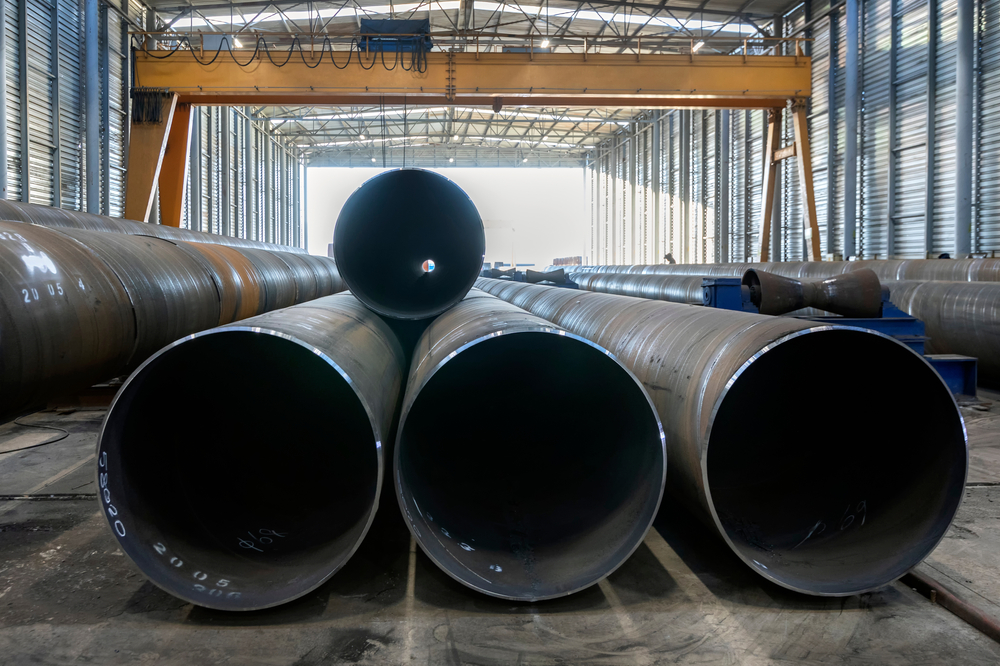Steel purchasers now have a more comprehensive range of options to suit various special requirements from a number of industries as manufacturing processes have developed and become more sophisticated.
However, not all steel is created equal. Examining the various steel varieties now on the market and comprehending why some steels make excellent pipes and others do not will help professionals in the piping business make better purchasing decisions. This rundown below should be able to help you.
Carbon Steel
Iron is relatively fragile on its own, thus adding carbon makes iron into steel. Although various kinds of alloying elements are popular, carbon is the most prominent addition to a ferrous material in modern manufacturing. In fact, alloying components are frequently found in piping products that are nonetheless categorized as carbon steel.
According to the American Iron and Steel Institute (AISI), any ferrous material is classified as carbon steel when its core composition is limited to no more than 1.65% manganese, 0.60 % silicon, and 0.60 % copper.
Due to its durability and ease of fabrication, carbon steel pipe is extensively used in a variety of sectors. Carbon steel pipe is reasonably priced due to the low concentrations and the limited number of alloying elements it contains.
Alloy Steel
Steels with a considerable concentration of alloying elements are called, yes you got it – alloy steels. Alloying components are added to increase the strength and stress or impact resistance of steels. While nickel, molybdenum, chromium, manganese, copper, and silicon are the most popular alloying components, numerous additional substances are also utilized in the manufacture of steel.
In the industrial world, there are numerous alloy vs concentration combinations in use, each of which is intended to produce a certain quality.
Piping requires high-alloy steel types that is able to withstand difficult environments, such as intense heat or cold. The correct chemical manufacturing and heat treatment can produce strong, durable yet ductile pipes that can withstand harsh working conditions can be produced.
Steel pipe gains improved corrosion resistance thanks to alloying components. Because of this, chemical firms also favor it highly.
Tool Steel
Tool steel is used to transform other kinds of steel into items or machinery that are employed in the industry into being extraordinarily high strength, ductile, strong, and corrosion-resistant. They must also be able to keep their shape and cutting edges in hot environments. These steels are precisely heat treated and have extremely large concentrations of alloys to produce those properties.
Tool steels, often known as super-alloys, are not ideal for piping goods. For starters, the cost of manufacturing tool steels increases as additional alloys are added. Another reason is that tool steels are harder to mold into piping products due to the amount of alloying elements they contain.
The Best Steel Pipe Suppliers Near You
Looking for steel pipes, sheet piles, pipe piles, steel beams, and other new, used, or surplus steel products? Bigfoot Pipe and Piling can help you out with every specific need your project has. Our accuracy, quality, and service are what make us so legendary, and you deserve nothing less.

